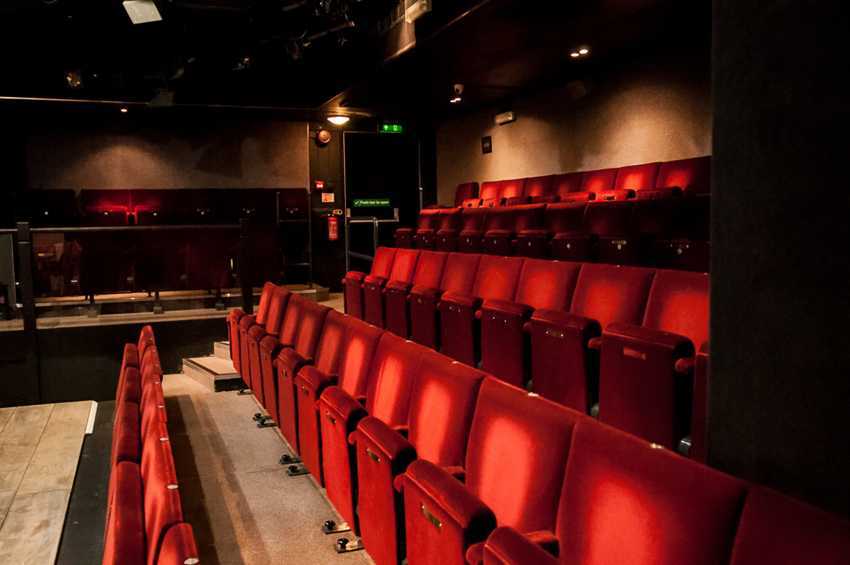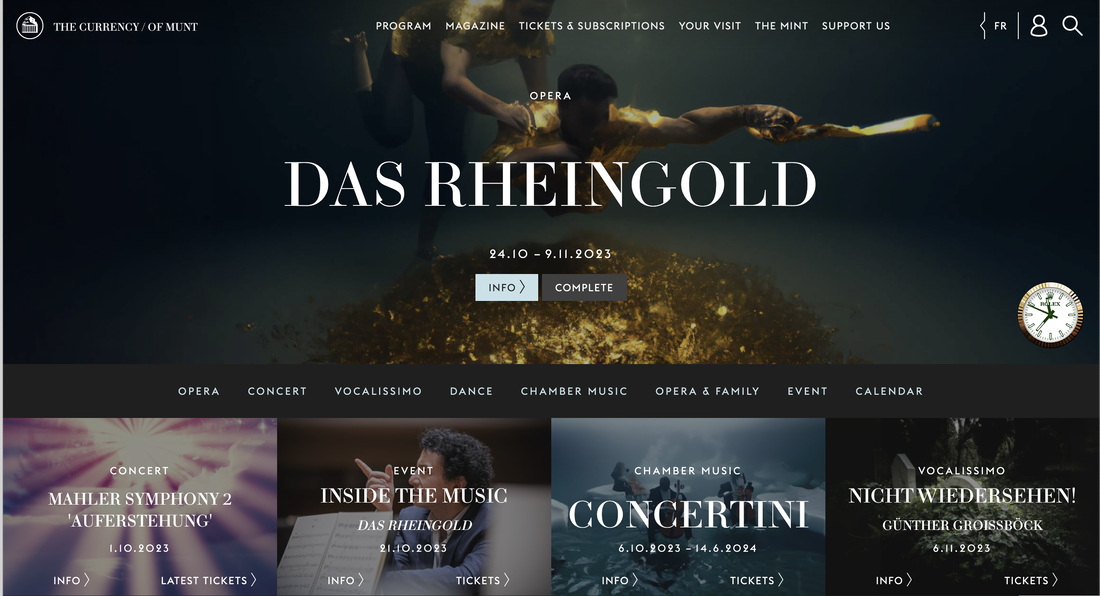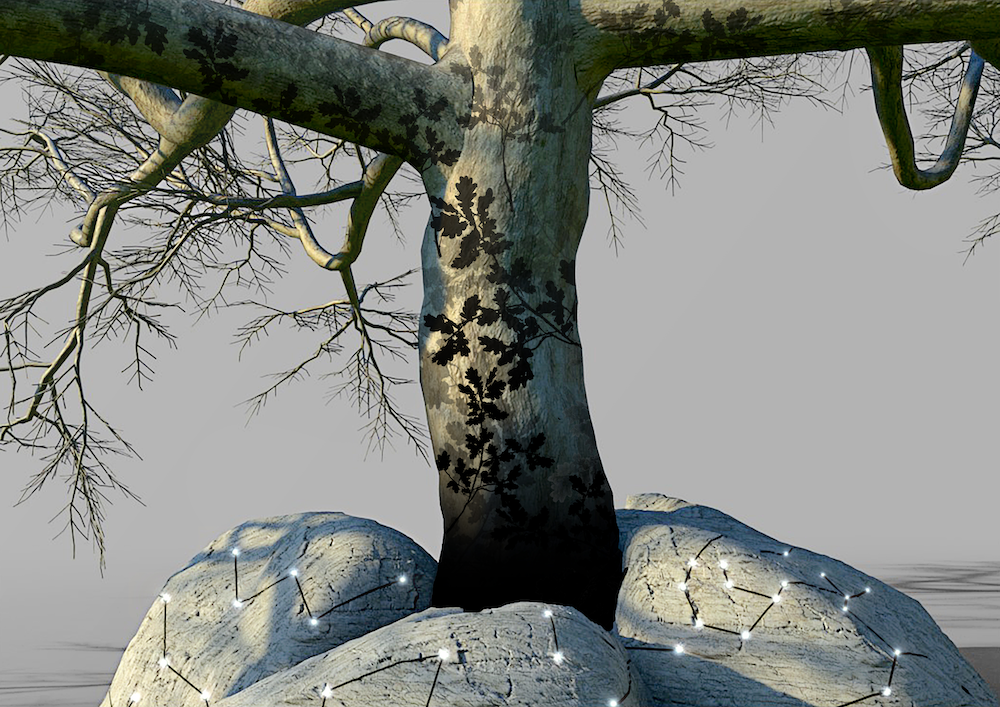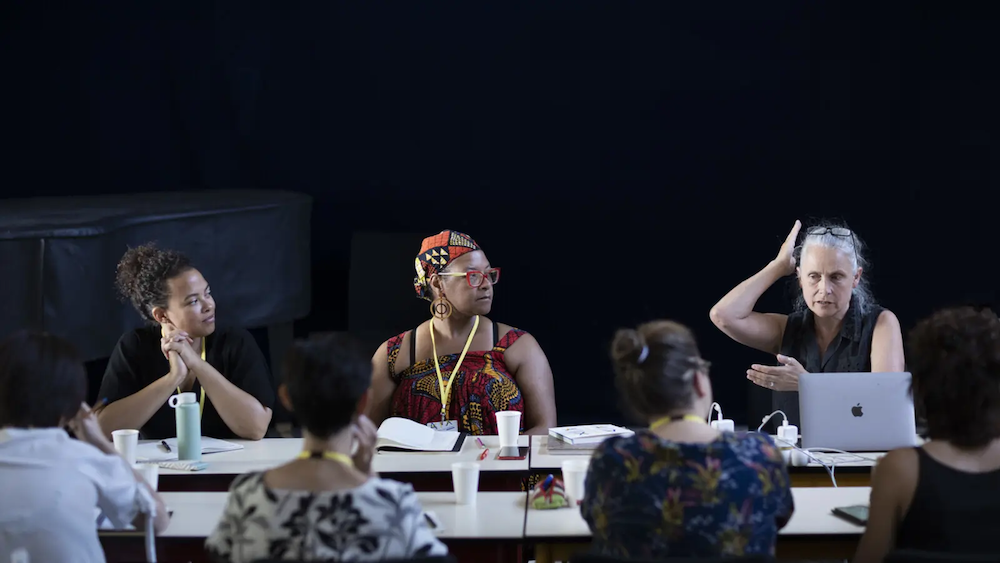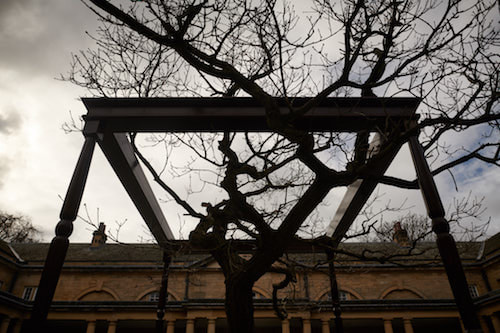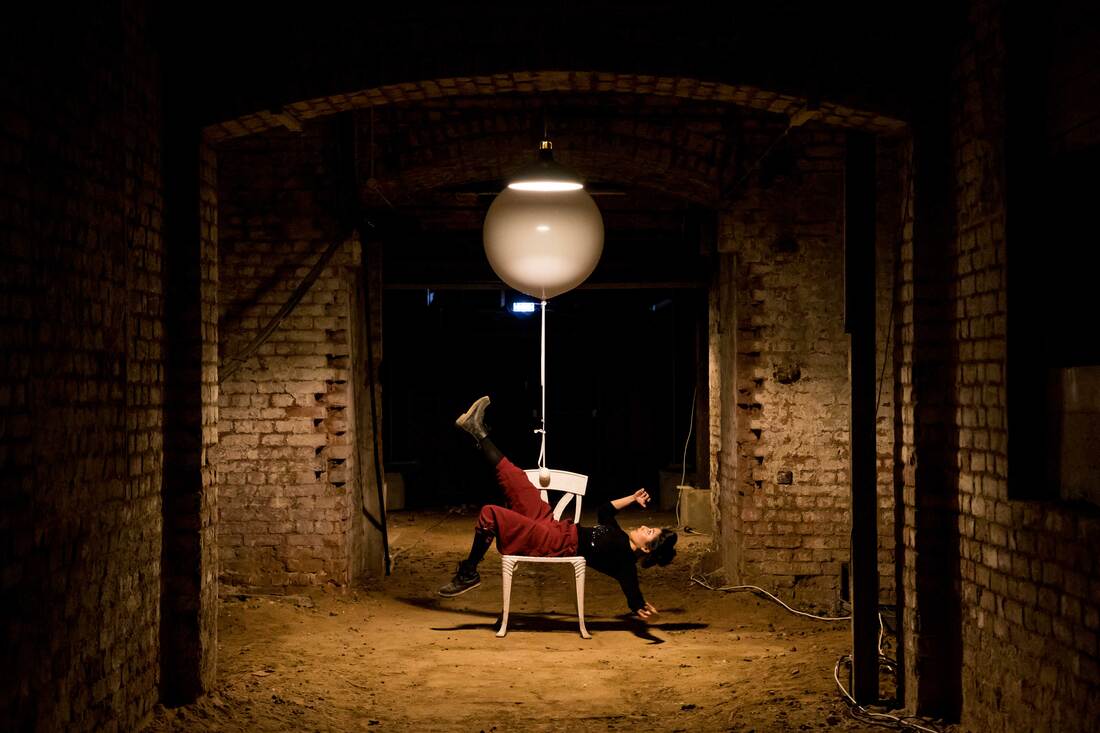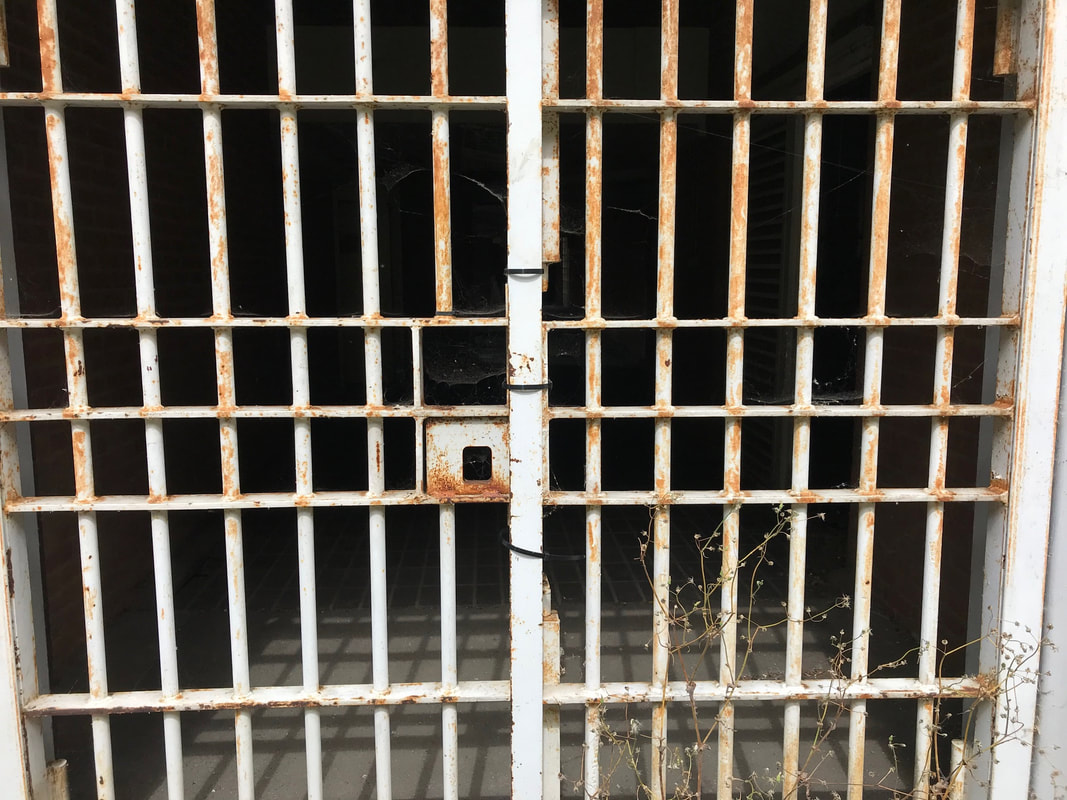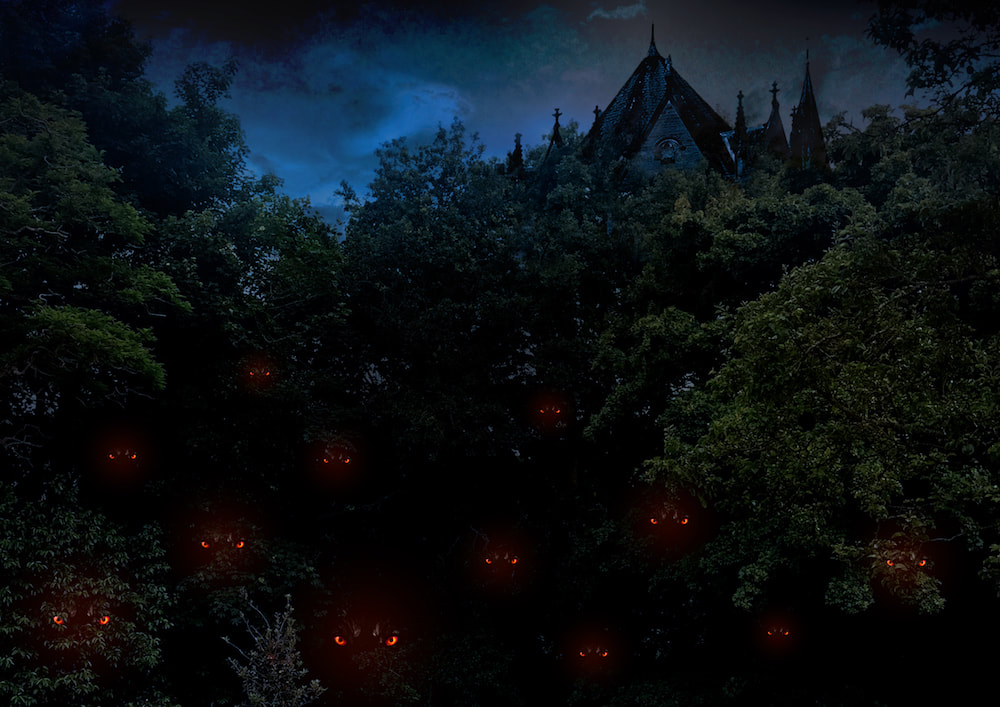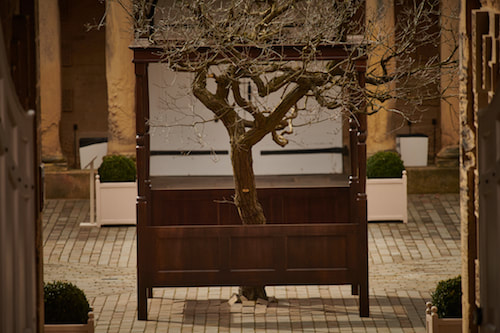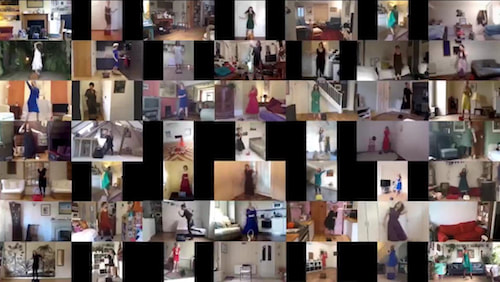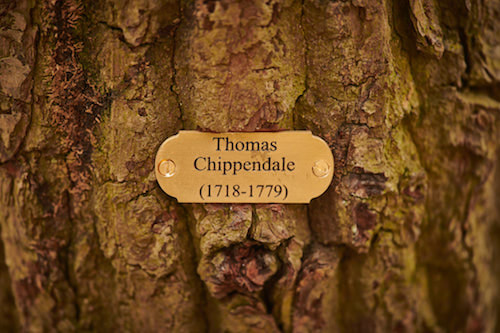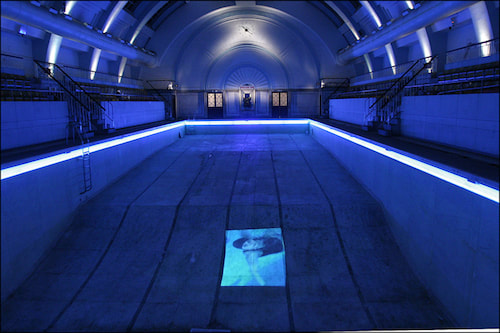|
Pieter Claes: Vanitas with Violin and Glass Ball
|
Memento Mori – remember you must die
Geraldine has been awarded an ACE Research and Development grant for Memento Mori – remember you must die a site-specific performance/installation journey - integrating visual and performance imagery with sung voice and live music - of remembrance, grief, and resolution, in partnership with Highgate Cemetery. |
Inspired by 17th century Memento Mori and Vanitas still life allegorical artworks, which included symbolic objects designed to remind the viewer of their mortality and of the worthlessness of worldly goods and pleasures, this performance aims to explore and contemporises this genre creating animated 3D life size Vanitas installations that are relevant to today.
Memento Mori address’s themes common to all humankind, ‘a reminder that we must die’ and will resonate with everyone; people of all ages, cultures, of faiths or none, (including atheists, humanists, and agnostics) as will the opportunity that it will provide for all those who mourn those they have lost, especially post covid.
The underlying theme also aims to confront the most confusing element of death – someone is there and then they are not – true presence and absence.
The resulting ideas from the research period will aim for a full -scale project planned to initially be reimagined to tour London’s ‘7 Magnificent Cemeteries’ and then to tour nationally and internationally. It will be a work imagined site -specifically for each different cemetery in which it takes place.
Inspired by personal loss, the history of the cemeteries, and our changing attitudes to death and grief, Memento Mori, most importantly explores different cultures rituals of death, burial, and grief; resonates within the common chord of loss and allows an audience space to contemplate their own personal resolution.
A five-part requiem composed by Felix Cross sung by recruited participatory choirs local to each cemetery, (the word requiem is used in its non - religious definition which is “requiem: an act of remembrance) - provides the infrastructure exploring with performers and dancers, musicians and singers how psychologist’s Kubler Ross’s 5 stages of Grief - Denial, Anger, Bargaining, Depression and Acceptance can lead to resolution and acceptance for both the grieving and the dying.
Memento Mori address’s themes common to all humankind, ‘a reminder that we must die’ and will resonate with everyone; people of all ages, cultures, of faiths or none, (including atheists, humanists, and agnostics) as will the opportunity that it will provide for all those who mourn those they have lost, especially post covid.
The underlying theme also aims to confront the most confusing element of death – someone is there and then they are not – true presence and absence.
The resulting ideas from the research period will aim for a full -scale project planned to initially be reimagined to tour London’s ‘7 Magnificent Cemeteries’ and then to tour nationally and internationally. It will be a work imagined site -specifically for each different cemetery in which it takes place.
Inspired by personal loss, the history of the cemeteries, and our changing attitudes to death and grief, Memento Mori, most importantly explores different cultures rituals of death, burial, and grief; resonates within the common chord of loss and allows an audience space to contemplate their own personal resolution.
A five-part requiem composed by Felix Cross sung by recruited participatory choirs local to each cemetery, (the word requiem is used in its non - religious definition which is “requiem: an act of remembrance) - provides the infrastructure exploring with performers and dancers, musicians and singers how psychologist’s Kubler Ross’s 5 stages of Grief - Denial, Anger, Bargaining, Depression and Acceptance can lead to resolution and acceptance for both the grieving and the dying.

